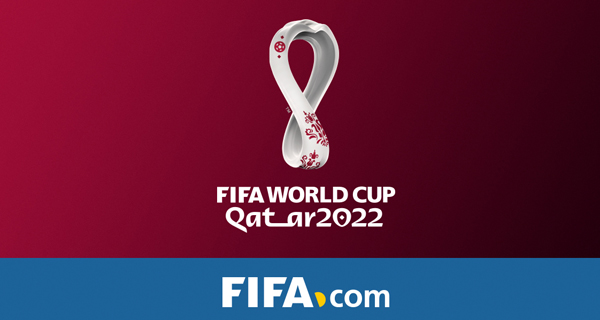DOHA (Qatar): Qatar and FIFA published the first jointly issued legacy planning strategy on Tuesday ahead of a football World Cup.
The 112-page “Sustainability Strategy” also sets out commitments on making the tournament inclusive for groups including the disabled, boosting economic development, protecting the environment and promoting ethical business practices.
“A total of 22 objectives have been described in detail, together with more than 70 concrete initiatives and programmes to deliver the strategy,” FIFA and the Qatari Supreme Committee organisers said in a statement.
On workers’ rights, the document said Qatar would promote “decent working and living conditions and fair recruitment, including effective access” to remedial measures.
“Efforts include measures to protect labour rights and promote safe and secure working environments for all the associated workers, especially migrant workers in Qatar, and to avoid any forced and child labour.”
The strategy also contains a pledge to certify all stadiums and permanent offices under rigorous Global Sustainability Assessment System criteria to minimise environmental impacts.
Organisers will also improve “sustainable building standards and tools in Qatar” while seeking to use green building materials where possible, the document said.
Qatar Emir HH Sheikh Tamim bin Hamad Al Thani has vowed at the United Nations last year that the tournament would be carbon neutral.
“The tournament offers us a unique opportunity to bring about positive change — one that FIFA and Qatar cannot, and will not, let slip away.
Fatma Samoura , FIFA Secretary General
The document stresses that FIFA events prohibit “discrimination of any kind against a country, private person or group of people on account of race, skin colour, ethnic, national or social origin, gender, sexual orientation, disability, language, religion, opinion, wealth, birth or any other status”.
“As a host country for the FIFA World Cup 2022, Qatar is fully aware of its responsibility to adhere to FIFA’s human rights and non-discrimination” policies, the document added.
Security officers involved in the tournament would receive specialised human rights training and guidance on how to deal with media and rights activists, it said.











